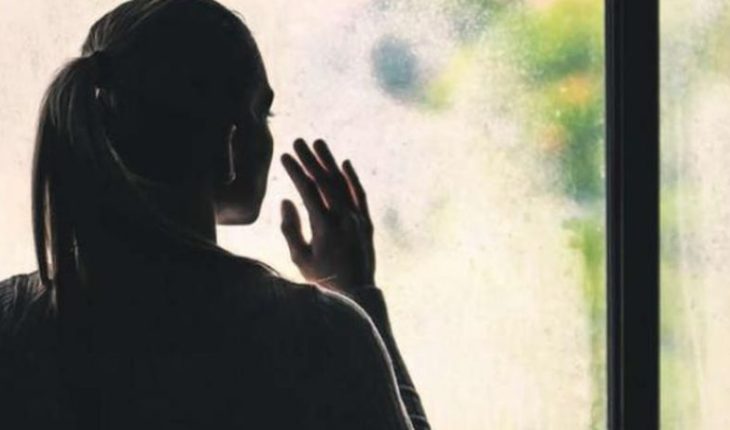Facing a pandemic is difficult, mainly because of the quarantine it entails. Confinement and the danger of contagion cause people to have thoughts and feelings that don’t help their mental health, such as uncertainty, anxiety, grief, fear, and distress. Taking this into account, the Under-Secretary of Public Health, Paula Daza, launched a guide – available on the Minsal website – with recommendations to safeguard the mood of the whole family in the current context. Here, the main ones.
1 The first measure to be taken is self-care. “If we are well we can help third parties through social networks, video calls, etc.,” the authority said. If you need to talk to older people who don’t handle technology very well, the suggestion is to phone, in the most traditional way.
2 Propose and have tasks every day. “Have every morning a calendar with different tasks of home, work and exercises, plus another to share and for leisure. This lessens the anguish, anxiety and uncertainty of each day and the days to come,” Daza said. The authority added that it helps for physical and emotional well-being.
3 Anticipating a situation that we must resolve in the week is very important. At this point, the undersecretary gave as an example the need to check that all the essentials are at home. “We’re talking about food and medicine, but not hoarding,” he said, since you have to have the things that are needed but “also be thinking about a third party.”
4 Coordinate with the support network. “Today more than ever this pandemic situation tells us that we live in a society in which we have to rely in community. Today we are talking to another like we didn’t before and we’re needing that support network. Connect with that guy, that cousin, that neighbor we didn’t connect with before,” Daza said.
5 Avoid overexposure to bad news. This, because according to Daza “sometimes we expose ourselves daily to a lot of bad news.” In that sense, the invitation is to “try to avoid overexposure to negative images that only affect our mental health and well-being.”
6 “To give children to understand what quarantine is, why today they do not embrace the like before, etc.,” the doctor said. He added that when one explains to the children, they understand. He also stated that “there are also normal feelings that children may have. They may be more sensitive, weeping, aggressive.” To minimize or avoid this, the expert said it’s important to talk to them and they have to have a routine of games and tasks despite not going to classes. If the above symptoms last a long time in children, it is necessary to consult with an expert.
7 Flexibilize the rules of the house, maintaining some discipline in the hours of eating and sleep.
8 The teenagers were suggested to do things they had wanted to do but had not been able to such as “learning a musical activity, an exercise, reading, writing a story”. “Projecting yourself into things you’ve always dreamed of but haven’t had time to do,” he added.
9 Remember experiences and strategies used in previous situations. There have probably been techniques that have made it easier to pass the moments.
translated from Spanish: Learn about the 9 essential points of the mental health care guide
April 14, 2020 |





